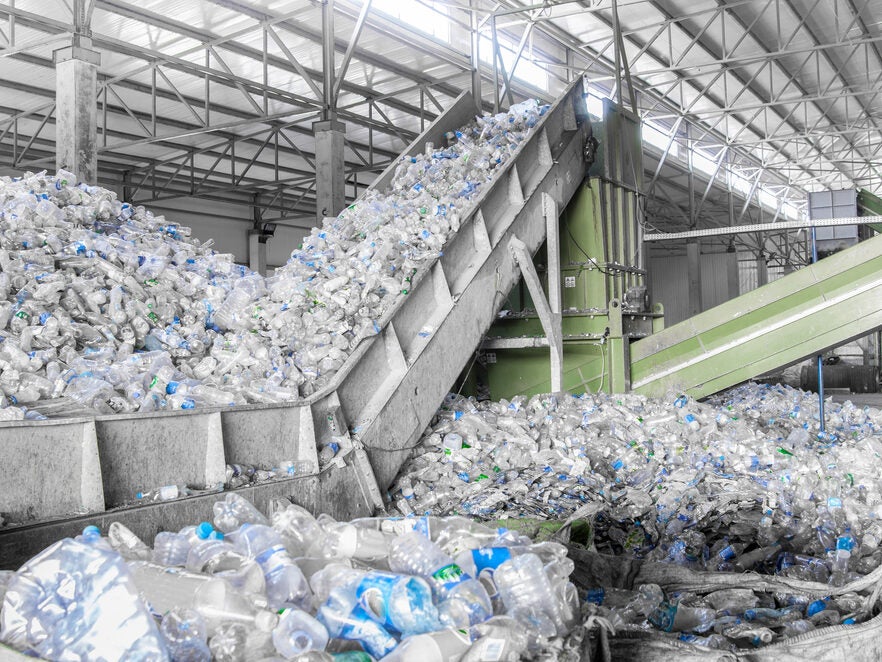
The European Council has agreed on the principles of new rules to reduce packaging waste, including reuse and recycling in food and drinks.
Under proposals from the European Commission representing the 27 member states of the EU, a so-called ‘general approach’ was accepted by the Council yesterday (18 December) to cut packaging waste by 5% by 2030, 10% by 2035 and 15% by 2040. The plans now have to be approved by the European Parliament.

Discover B2B Marketing That Performs
Combine business intelligence and editorial excellence to reach engaged professionals across 36 leading media platforms.
The EU first put in place a directive to reduce packaging in 1994, with the rules “revised several times”. The new proposals stretch across industry, manufacturing, retail and people’s homes, and are designed to ensure all packaging on the entire market is recyclable.
Restrictions will be put in place on single-use packaging for fruit and vegetables, foods such as condiments and sauces, and beverages served in the foodservice or horeca channel, the Council said. That will also apply to cosmetics and toiletries used in the “accommodation” sector.
However, the Council added in a statement it has “introduced the possibility for member states to set out exemptions under certain circumstances, including for organic fruit and vegetables”.
Separately, EU members will, by 2029, have to provide services for the collection of 90% annually of single-use plastic bottles and “metal” beverage containers. Deposit return systems will need to be set up for the purpose.

US Tariffs are shifting - will you react or anticipate?
Don’t let policy changes catch you off guard. Stay proactive with real-time data and expert analysis.
By GlobalDataThe member states’ verdict will now be discussed under the EU’s trilogue procedure.
The Council noted packaging and packaging waste management generate a yearly turnover of €370bn ($404.8bn) in the EU and so have a role to play in “transforming Europe into a clean, sustainable, circular economy, in line with the European Green Deal”.
It added: “Even though recycling rates have increased in the EU, the amount of waste generated from packaging is growing faster than recycling. Over the last decade, the amount of packaging waste has increased by nearly 25% and is expected to increase by another 19% until 2030 if no action is taken. For plastic packaging waste, the expected increase is 46% by 2030.”
Each country in the EU generated 190 kilograms of packaging waste in 2021, the Council said, and that is expected to grow by almost 20% by 2030.
The new rules will also require that tea bags and sticky labels on fruit and vegetables are compostable. Member states will have the option to apply the requirement to other packaging formats such as coffee pods and “lightweight” carrier bags.
Measures are also proposed to address chemicals in packaging that restrict reuse or recycling, with the Commission to work with the European Chemicals Agency to prepare a report by 2026.
In terms of reuse and refill targets, different rules will apply to different product categories such as take-away packages for food and beverages, alcoholic and non-alcoholic drinks, but excluding wine. Cardboard will be exempted.
The Commission and the European Parliament will now “start negotiating on the final shape of the legislation under the Belgian presidency”.





